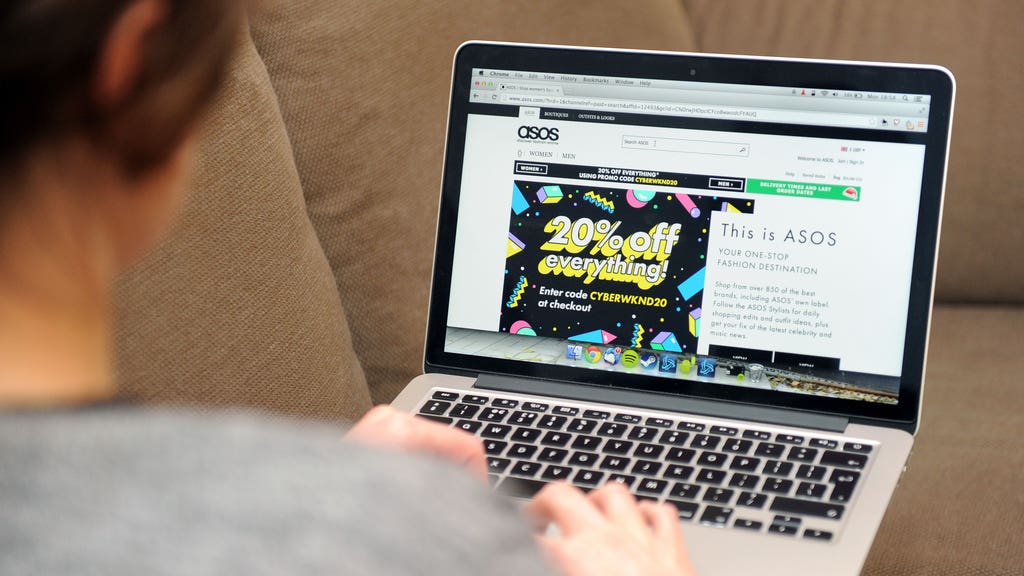Asos Pledges To Cut Total Emissions In New Net Zero Plan

The boss of Asos has said that his company will produce fewer tonnes of greenhouse gases nine years from now than it does today, as it laid out a plan to cut its environmental impact.
Asos said on Thursday it plans to cut so-called scope one and two emissions per order by 87% by 2030, when compared with the financial year ending 2019.
It will also reduce the emissions from its own-brand products by 58% per pound of profit that the company makes by the end of the decade, and slash transport emissions by the same amount.
Chief executive Nick Beighton said that overall emissions would also be cut.
“The targets actually reduce our overall carbon emissions over the next nine years,” he said.
The company has applied for its targets to be recognised by the Science Based Targets initiative (SBTi), which ensures companies are on track to meet rigorous goals.
It hopes to have the targets recognised by SBTi as soon as next week.
But as a major retailer, Asos also wants to use its influence to encourage better practices from its suppliers.
“We’re very pleased that a number of our branded partners, over half, have already committed to develop their own science-based targets to achieve carbon neutrality.
“That’s using our platform and our influence with our branded partners to drive change,” Mr Beighton said.
Yet the chief executive would not commit to reducing the amount of clothes that Asos sells to its customers in a bid to control the environmental impact of its products.
“Customers will decide how much they want to put in their basket,” Mr Beighton said.
He added: “We’ve got ambitious growth targets, of course.”
Instead he detailed Asos’s commitment to sustainable cotton – which will make up 100% of its garments by 2025 – and using recycled denim to make about 30% of its denim products.
“So our view is to produce our garments in a better way, using more sustainable fibres,” he said.
Asos said that by 2030 all of its own-brand products will be made from “recycled or more sustainable materials”, and that all its own-brand packaging will be made from recycled materials and be widely recyclable by 2025.
The business also promised that half its leaders will be women and 15% from ethnic minorities by 2030. It will also publish an annual human rights strategy from 2023.




